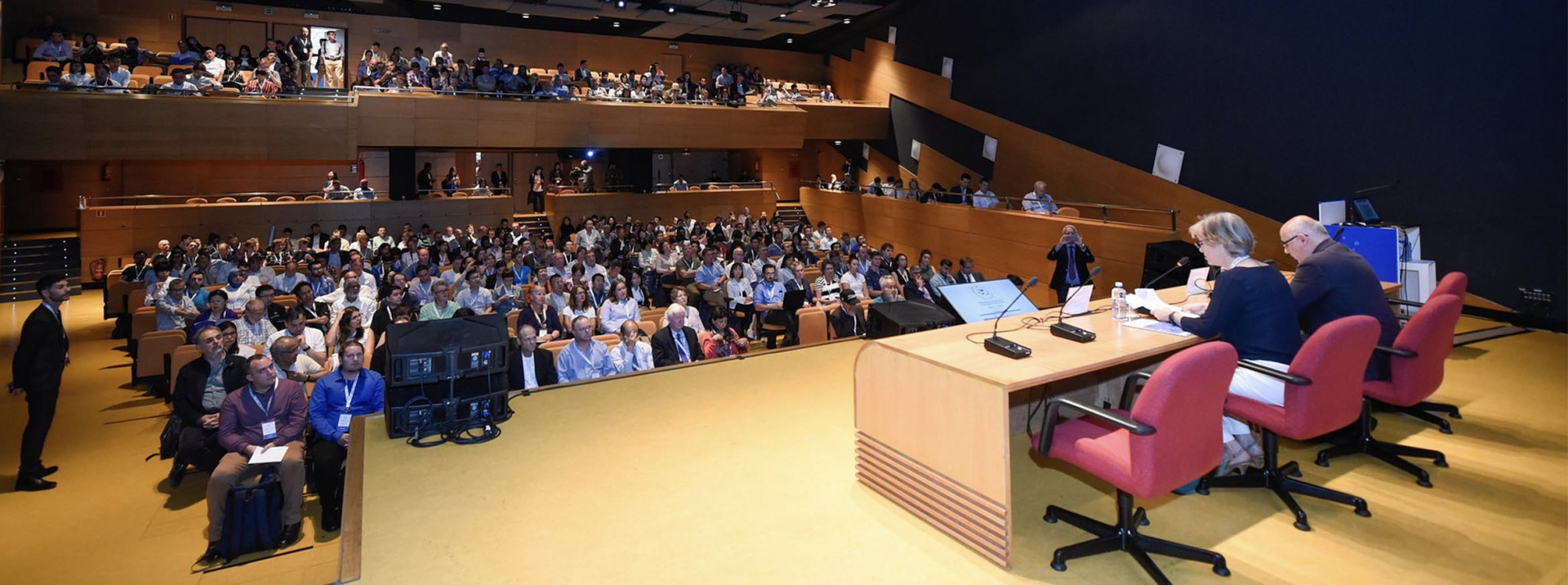As the world’s population continues to rise, threatening to surpass 7.5 billion people by 2020, the need to create high-quality aquatic products rich in omega-3s has soared to cover not only the food needs of people but also reduce the risk of suffering from many diseases in industrialized and non-industrialized countries.
Capture fishing and the collection of mollusks has served humans, in a traditional way, to obtain aquatic products that serve as the basis for their diet. However, marine resources are limited and, in the future, aquaculture will have a fundamental role to guarantee the production of aquatic species.
So says Marisol Izquierdo, director of the ECOAQUA Institute of the University of Las Palmas de Gran Canaria (ULPGC): "Aquaculture is probably the fastest growing food production sector today. The sector already produces more than 50% of the fish destined for food worldwide, adding up to more than 110 million metric tons", she explains.
Fish, seafood, seaweed, cephalopods and other aquatic products are very important as a source of protein in human nutrition, and also provide phosphorus, calcium and, above all, omega-3. “There are many studies that show that a diet based on fish, and in particular omega-3, reduces the risk of suffering a multitude of diseases such as diabetes, pathologies of cardiovascular origin, various types of cancer, and also diseases of neurological origin such as Alzheimer’s and other types of dementia", she stresses.
International Simposium ISFNF 2018
In order to know the latest contributions of the sector to nutritional science, more than 500 international researchers from 43 countries participate in the XVIII edition of the International Symposium on Fish Nutrition and Feeding (ISFNF), organized by the Aquaculture Research Group of the ECOAQUA Institute and the Scientific Committee of the ISFNF.
This forum, which has been held every two years in the last 40 years, will run until next Thursday, June 7, at the Alfredo Kraus Auditorium Convention Center, and will allow its participants, who are currently working on the production of aquatic foods with the highest standars of quality for the consumer, to know the last novelties of the sector through 100 oral presentations, 300 posters and diverse conferences and presentations, that will turn, among other subjects, on the utilization of the raw materials used in the fish aquaculture diets and crustaceans, the intersection between genetics and nutrition, and the practical applications of nutrition research.
Antonio Morales, president of the Cabildo Insular de Gran Canaria, accompanied by Marisol Izquierdo, as president of the scientific committee of the symposium and director of ECOAQUA, opened this Congress this morning highlighting the importance of the island not only consolidating the foundations and the development of this industry but leading the worldwide research of the sector.
Morales said that “having gathered today in this Congress the most important researchers in the world in the field of aquaculture and fish feed, probably one of the alternatives of humanity for the future feed, confirms the commitment and work that the Cabildo de Gran Canaria is carrying out in this field “.
The University Institute of Aquaculture and Sustainable Marine Ecosystems (IU-ECOAQUA) is dedicated to the promotion of research, innovation and postgraduate training in the conservation and sustainable use of coastal resources, in addition to the development of sustainable aquaculture, with the aim of addressing the field in a multidisciplinary way of the marine environment and its problems, as well as the study and management of natural resources.
The ECOAQUA team has 35 research segments and more than 20 years of research experience and international R&D, which has allowed to know, with greater accuracy and precision, the biological processes of reproduction, feeding and growth of marine animals.
The ISFNF 2018 has had the main sponsorship of Skretting and the Blue Biotechnology and Aquaculture Platform (Bioasis Gran Canaria) through the Spegc, and the support of the Poema del Mar Aquarium, DSM, Aker Biomarine, Evonik, Nutriad, Sparos, Phileo, Adisseo, Darling Ingredients and NexPro.


